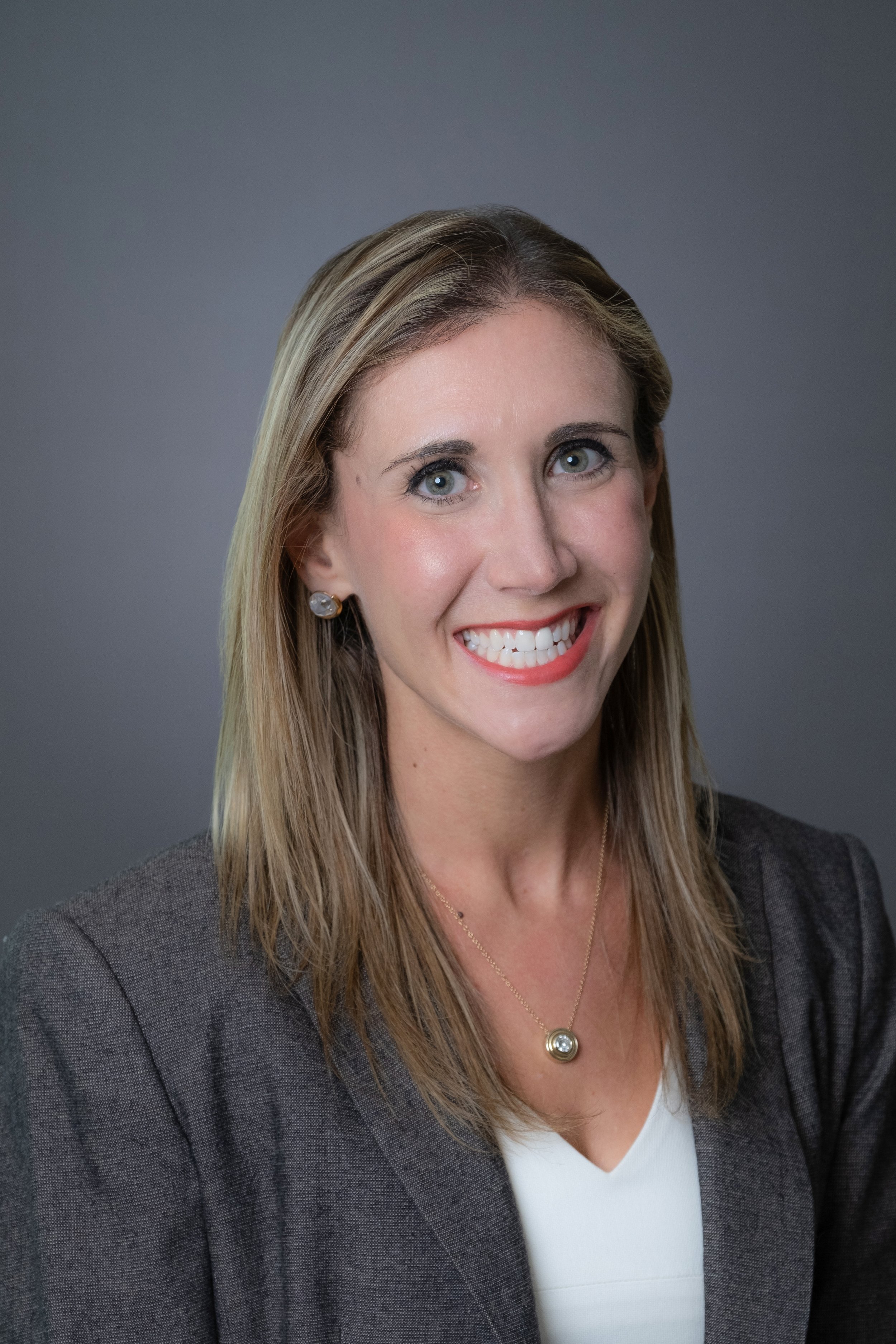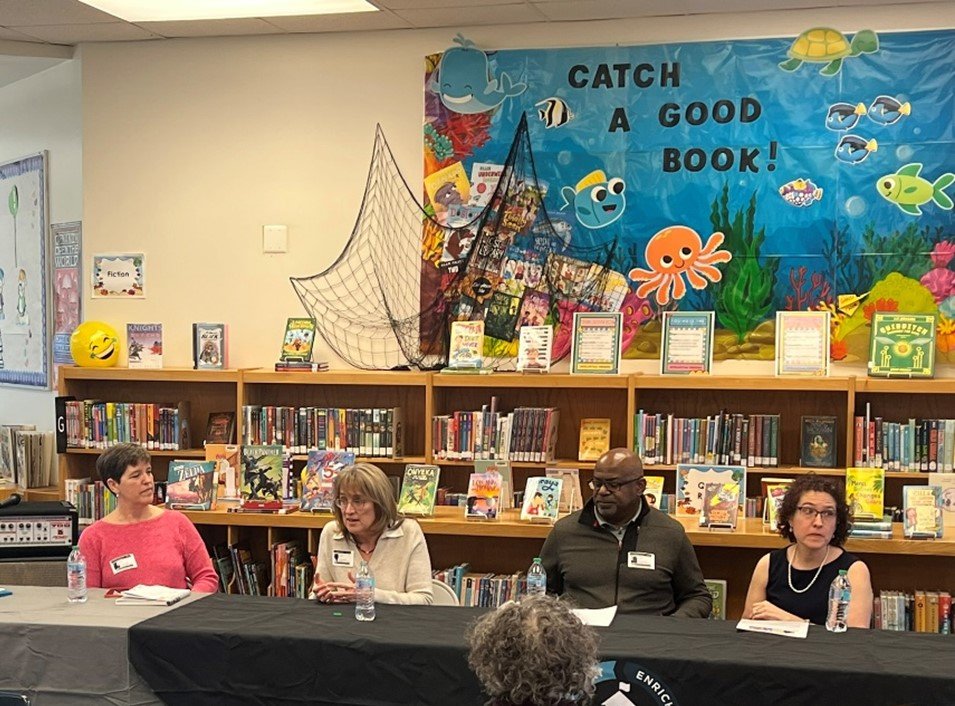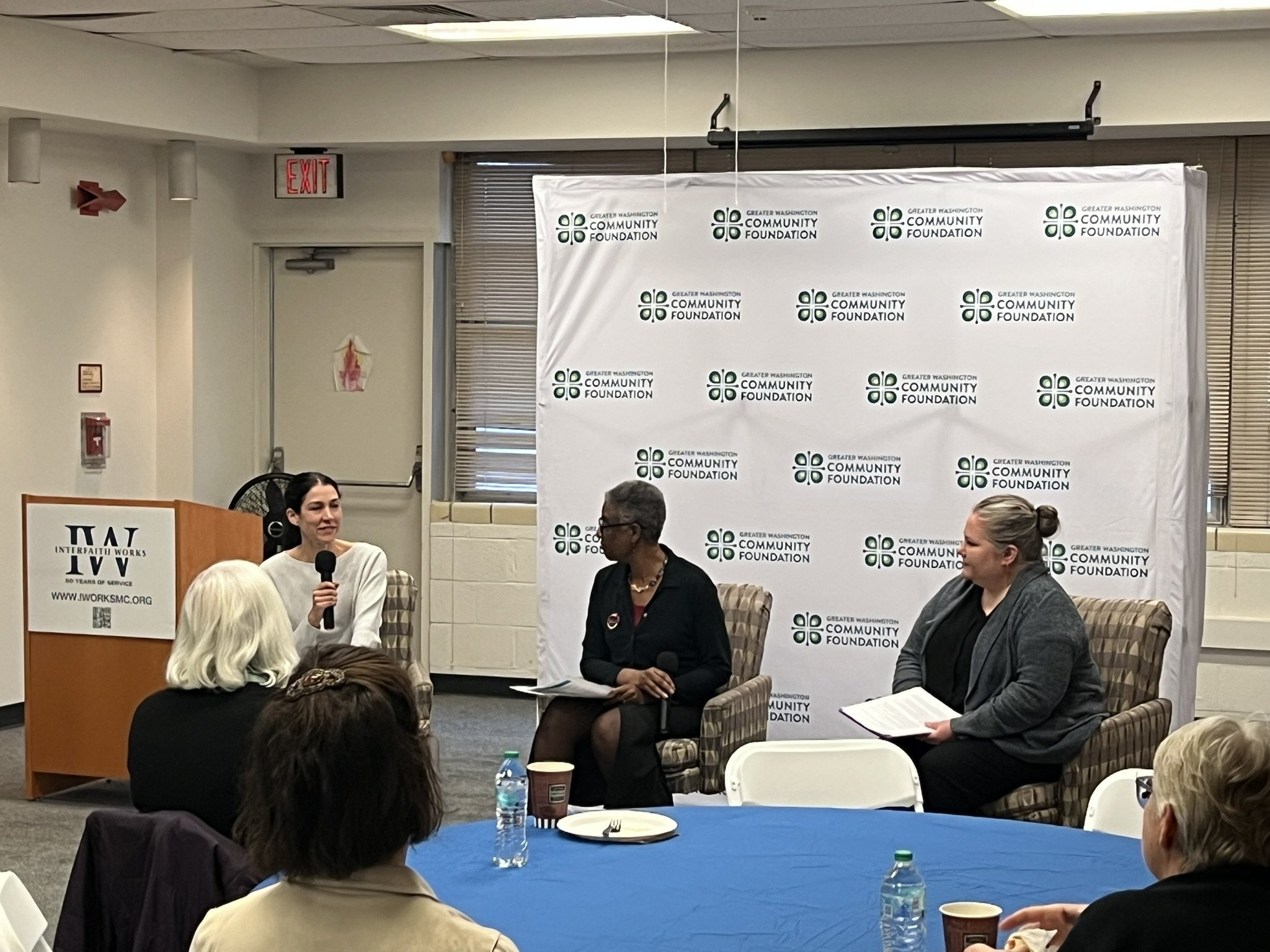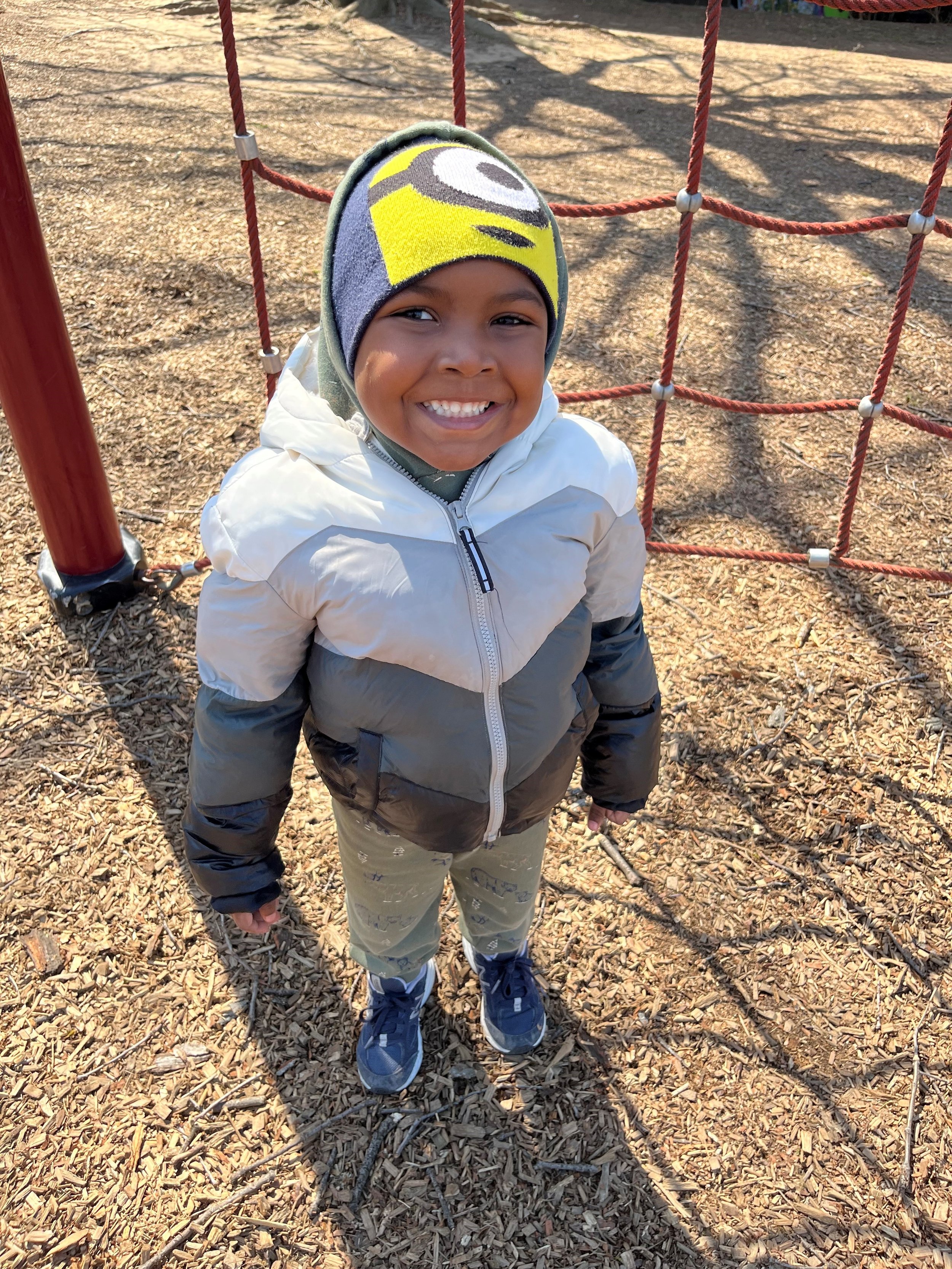A patient receives a routine vaccination at the Culmore Clinic – a Sharing NoVA nonprofit partner.
For Lynette Sappe-Watkins, Executive Director of the Culmore Clinic – a Sharing NoVA nonprofit clinic providing healthcare services to uninsured adults in the Bailey’s Crossroads area of Fairfax County-- 2024 has been a very busy year.
“When we joined Sharing NoVA at the beginning of 2024, we were serving about 400 patients,” Sappe-Watkins recalled. “We ended the year with 888 patients.” An increase of more than 114%.
The clinic, which partners with local healthcare providers to provide medical services, diagnostic testing, health counseling and mental health services to low-income individuals and families received more than 7,000 visits.
When asked why she thought the numbers had increased so dramatically, Sappe-Watkins highlighted three words.
“Trust. Access. Acceptance.”
“We strive to create a safe, comfortable, and trustworthy environment for our community,” Sappe-Watkins said. “We focus on care and compassion – making connections with our patients – and our community can feel it.”
Meanwhile, along the Richmond Highway corridor in Fairfax County, Dr. Felicea Meyer-Deloatch, President and Co-Founder of The Growth and Healing Hub has been working to fill a mental health desert.
“There aren’t a lot of mental health practitioners in the Route 1 corridor,” Meyer-Deloatch shared. “But there is an immense amount of need!”
Part of the gap is due to a systemic barrier for mental health clinicians. After completing their degree, most mental health clinicians must complete at least 2 years or 2,000 hours of supervised work before they came become certified for private practice in the state of Virginia. With only so many mental health practices operating in our region, many potential providers are forced to pursue their careers elsewhere.
Launched in 2023, ‘The Hub’ aims to fill that gap, by providing opportunities for clinicians to become licensed, while offering culturally competent, community-based mental health services to families along the Richmond Highway corridor. To help lower financial barriers to care, the Hub accepts health insurance – an anomaly for most mental health providers – especially for smaller providers.
“Navigating the insurance world requires a lot of patience and administrative know-how,” Deloatch explained. “One of the first things we did when we received our Sharing NoVA grant last year was hire someone who could manage our accounts and work with insurance companies to ensure we were getting reimbursed for services rendered.”
“Within the first three months, that position brought in an additional $6,000 in reimbursements.” Medicaid reimbursement is crucial for nonprofit clinics as it provides a vital source of funding, especially for those operating in the social service sector. It helps offset costs, particularly for treating Medicaid patients and providing other community benefits.
Building for Case for Community & Capacity Building
For Yolonda Earl-Thompson, Executive Director of Lazera Ministries and facilitator of the Sharing NoVA initiative, Culmore Clinic and the Hub highlighted the need to support capacity building for the Sharing NoVA cohort.
Sharing NoVA partner, Joyful Hands leveraged their capacity building funds to develop a robust volunteer committee to support the coordination and execution of community events like their Back to School Supply Drive.
“When you’re a grassroots nonprofit – like many of the Sharing NoVA partners- you start from the mission, the passion – the problem that you’re trying to solve,” Earl-Thompson explained. “You’re not necessarily doing it from small business mindset. You’re not always thinking as much about the logistics, the finances, the administration. You’re trying to make your community better.”
Launched in the Spring of 2024, Sharing NoVA awarded $100,000 in multi-year general operating funding to eight different nonprofit organizations operating in the Bailey’s Crossroads and Richmond Highway corridor.
As part of that funding, the nonprofit partners were invited to participate in a cohort – facilitated by Earl-Thompson – to collaborate and share insights about ongoing community needs.
“The cohort was such an incredible experience for everyone,” Earl-Thompson shared. “Not only did we get to hear about the incredible work that these organizations are continuing to do – we were able to share information, form new partnerships, and find ways that we could work together to better serve our communities.”
Sharing NoVA partner, Loving Hands Touch Ministry, Inc leveraged their capacity building funding to implement a robust volunteer and board training program to support growth and sustainability.
Eventually, Sharing NoVA made the decision to invest an additional $100,000 in capacity building grants to help partners not only continue their work, but take things to the next level.
“Our Sharing NoVA nonprofit partners are doing such amazing work,” Benton Murphy, Director of Fund Administration and Special Projects at The Community Foundation explained. “We realized that in order to help them continue that work, we needed to invest in their future.”
For the Hub, that means investing in a permanent accounts manager position to help them manage insurance payments. It also means hiring a development team member who can help raise funds to expand the Hub’s services.
“Right now, we’re relying heavily on volunteers and people who care deeply about their community,” Deloatch explained. “We recognize that if we want to be sustainable, we need to invest in our infrastructure.”
“Sustainability means empowering and encouraging our nonprofit partners who serve the communities they live in,” Earl-Thompson added, pointing to the number of Sharing NoVA partners who are grassroots organizations. “By investing in their infrastructure and capacity building, we’re not only investing in their organization; we’re investing in their community.”
Staff at the Culmore Clinic review floor plans for a new office space - made possible in part by a Capacity Building Grant through Sharing NoVA
Culmore Clinic is also investing in infrastructure, in the form of a campaign consultant to help them secure a new space for their clinic. The organization was recently offered rent free space in a neighboring development project that is soon to be built. However, the offer would require them to raise $1.5 million to support the development – a price tag that is higher than the organization’s total annual operating budget. Sappe-Watkins said the organization plans to hire a consultant who can help them launch a capital fundraising campaign to secure a future home for the growing organization.
“With the growing number of people we continue to serve, we know that having a new space will mean so much for our community,” Sappe Watkins shared. “But to achieve big goals like that, we need a lot more capacity than we currently have. This grant makes a huge difference.”
Want to get involved in Sharing Northern Virginia and find ways to make meaningful investments in your community?
New committee members are always welcome! Contact Benton Murphy at bmurphy@thecommunityfoundation.org





















































































